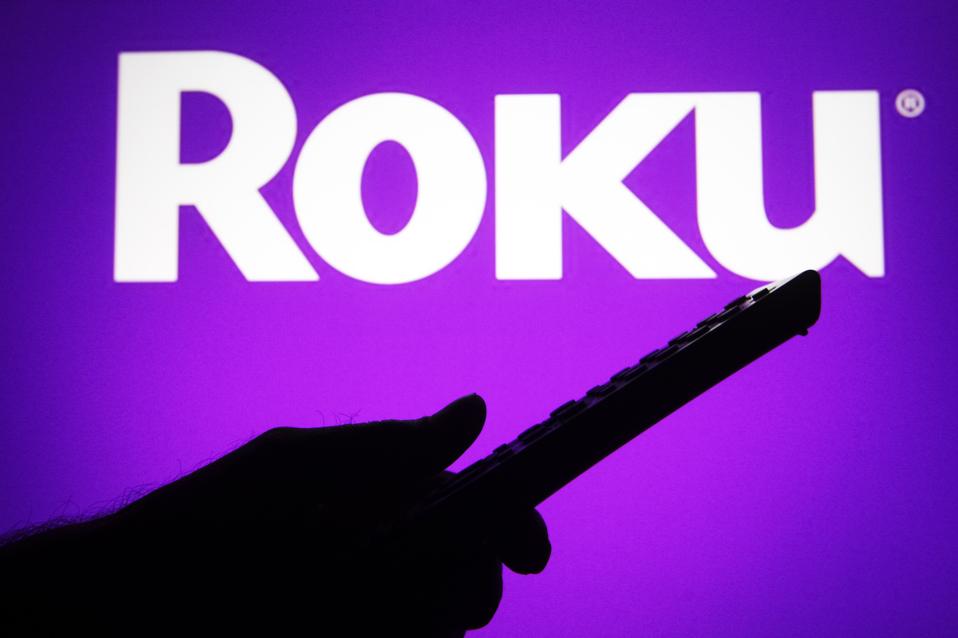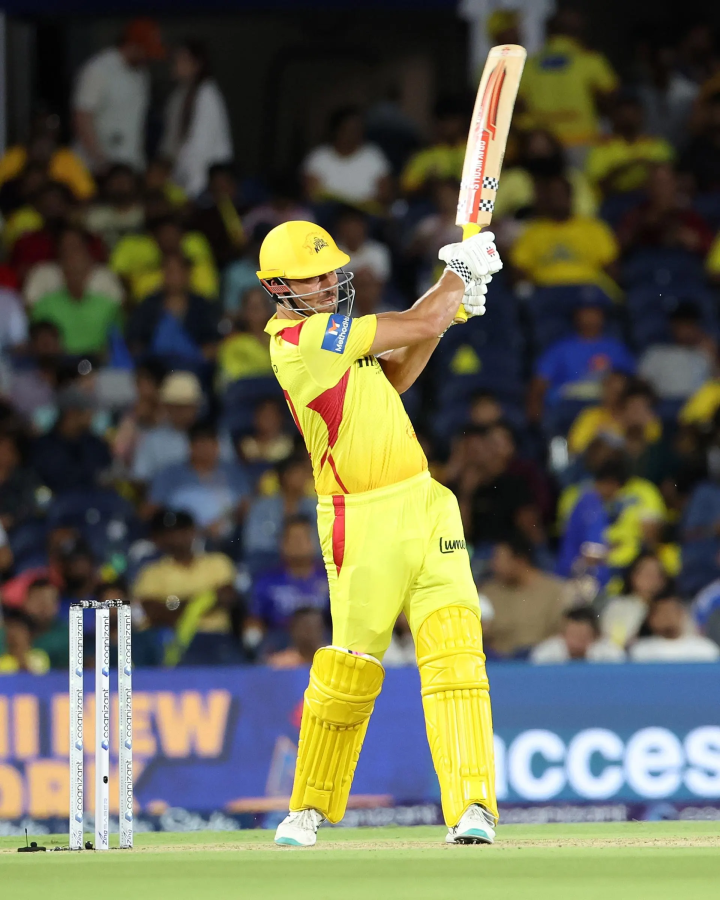Shares of Roku dropped more than 23% Friday, one day after it reported earnings and a profit forecast below analysts’ expectations, sending company shares plummeting in what became Roku’s worst trading day ever.

Roku reported earnings Thursday. (Photo Illustration by Pavlo Gonchar/SOPA Images/LightRocket via Getty Images)
SOPA Images/LightRocket via Getty Images
Key Takeaways
- Roku, which went public in 2017, saw its stock close at $72 Friday after closing at $94.50 per share Thursday.
- Roku’s stock drop Friday was a continuation of an after-hours plunge it experienced Thursday, when it said it expected roughly $370 million in total gross profit for the first quarter, which was below the $373.4 million expected by analysts, according to FactSet.
- The 23.8% drop is the largest drop Roku has experienced in a day of trading, according to FactSet data, which shows the company’s second-worst day came in 2022, when its stock experienced a 23.1% drop.
- However, the streaming TV company managed to top expectations, posting 80 million accounts (up from 70 million one year ago) and a 14% jump in revenue to $984.4 million in the fourth quarter.
Big Number
$78.3 million. That was the net loss Roku experienced in the fourth quarter, a large improvement from the net loss of $237.1 million it reported at the same time one year ago.
Key Background
Roku warned in its earnings it remains cautious of near-term challenges in the macro streaming market and an “uneven ad market recovery,” likely a reference to its battle with competitors like Amazon and Netflix over advertising dollars. Roku may also be feeling pressure from Vizio, according to the Wall Street Journal, which reported Tuesday that Walmart is in talks to acquire the TV maker for more than $2 billion. Roku Chief Executive Anthony Wood was asked about the potential deal during an earnings call Thursday and said he couldn’t comment on the development, which he called a rumor, the Journal reported.
This article was first published on forbes.com and all figures are in USD.


